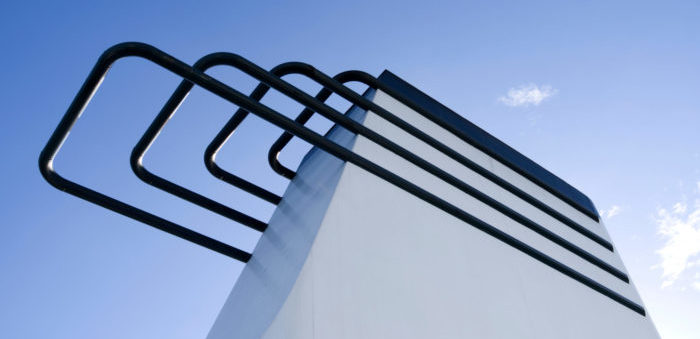The Clean Shipping Alliance expressed its opposition to the vote of the Transport Committee of the European Parliament that encourages EU Member States to restrict open-loop Exhaust Gas Cleaning Systems (EGCS), claiming this was taken “without any scientific basis”.
Restricting scrubbers purely as a precaution makes no sense and will slow the path to carbon neutral shipping. But to recommend a restriction on the use of EGCS – a technology that is already putting shipping on the right path towards carbon neutrality – with fundamentally no supporting scientific evidence is only halting the progress we have made so far,
…said Poul Woodall, Executive Director of the Clean Shipping Alliance that represents over 30 shipping companies.
The statement comes as the Transport Committee of the European Parliament adopted last week the Delli Report on more efficient and cleaner maritime transport, calling on the Commission, among others, to address carbon intensity of fuels as well as technical and operational measures, which would improve the efficiency of ships and their operations, under FuelEU Maritime initiative, and also underlines the important role of short sea shipping in achieving modal shift objectives and reducing transport-related congestion and emissions to move towards zero-emission transport.
A recent CE Delft study found the increase in CO2 footprint from the additional refining of MGO to likely be in the range of 10-15% and potentially as high as 25%. By contrast, the increased CO2 from EGCS is only in the range of 1.0-1.5%, the Alliance stressed.
Now that the European Parliament’s TRAN Committee ‘calls on the Commission… to implement on the basis of an impact assessment, a gradual phase-out of the use of open-loop scrubbers’, they will need to provide solid scientific and evidence-based arguments to the IMO, the shipping industry and citizens.
In late 2020, the European Parliament’s environment committee voted for a “phase-out”, rather than simple ban of open-loop exhaust scrubbers in shipping, criticizing international efforts to low greenhouse gas (GHG) emissions from the sector, as members called for the EU to proceed with its own efforts.
See also: List of countries that restrict the use of open loop scrubbers
The CSA expects that an objective risk assessment will only lead to a stronger confirmation of the effectiveness of EGCS, as explained by Mr Woodall:
The CSA once again emphasizes that years of testing, analyses and operations have shown that these exhaust gas cleaning systems provide a significant improvement in shipping’s air emissions quality without any negative impact on the marine environment.
The Clean Shipping Alliance 2020 (CSA) represents a group of leading shipping companies in emission control efforts through their investments in research, analysis and funding on the development and use of scrubbers for compliance with the IMO 2020 fuel requirements.
The CSA stands ready to provide data and relevant information to the European Parliament, the European Commission and the Council to ensure all decisions made regarding EGCS technology are scientific and evidence-based.






























































